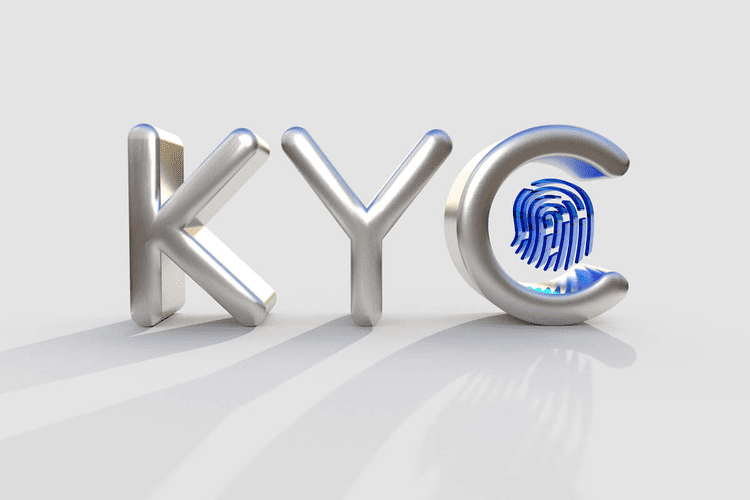Top 5 Cryptocurrency Exchanges That Do Not Require KYC

Binance
The largest cryptocurrency exchange Binance partially uses the KYC procedure for its clients. In other words, all users, except for US citizens and residents, do not need to pass KYC for spot trading on the site. At the same time, clients can withdraw only up to 2 BTC per day. However, identity verification is required for margin trading and other Binance services. To pass identification, you must send your own passport photo, placing the first page of the document at the face level. After passing KYC, users have full access to Binance trading tools.
Nominex
A young but very promising cryptocurrency exchange with Russian roots offers its clients a wide range of trading tools that can be used without the KYC procedure. The site's functionality allows users to deposit and withdraw up to 3 BTC per day, as well as earn money in daily trading tournaments.
Among the trading orders, stop, stop limit, trailing stop and scaling are available. Another advantage is the absence of commissions. For each trade made, traders receive a certain number of NMX tokens that can be used to pay commission. In other words, the exchange covers the traders' commission costs.
Bitmax
Yet another platform that allows registered clients to perform trading operations without going through the KYC procedure. The platform offers not only direct trading with 30+ trading pairs, but also provides staking of 14 cryptocurrencies, including such coins as Band, Tezos, Cosmos and others, as well as trading with x100 leverage.
However, it is worth noting that Bitmax has one negative “habit” of shutting down in the midst of trading, as well as using a huge number of trading bots. Note that the crypto community blamed the Bitmax exchange for the collapse of the bitcoin price in February this year after the platform failed to provide sufficient liquidity and simply went offline for several hours.
KuCoin
The KuCoin cryptocurrency exchange is part of the international company KuGroup, which offers a wide range of services for cryptocurrency users. Despite the fact that the liquidity of the site leaves much to be desired, the exchange offers a wide range of coins for trading that cannot be found on other resources. Like Binance, KuCoin uses the KYC procedure in part. Traders who withdraw up to 2 BTC per day are not required to prove their identity. However, if the transaction seems suspicious to the exchange employees or the withdrawal amount exceeds 2 BTC, then the company has the right to demand the passage of KYC.
ByBit
The popular Singapore-based derivatives exchange Bybit does not require KYC. Although this rule does not apply to US residents. The most popular product is the BTC-USD perpetual swap. Bybit also offers XRP, EOS and ETH futures.
Concerning security